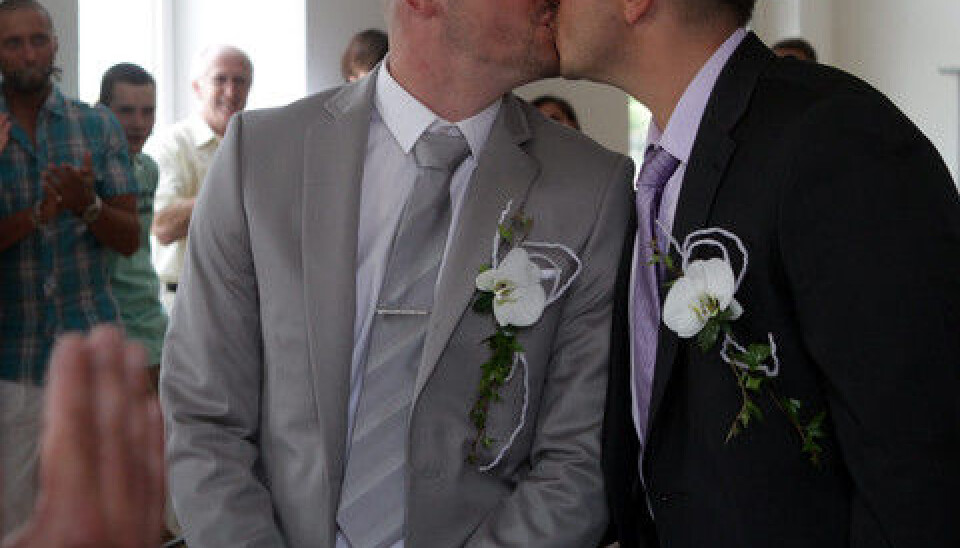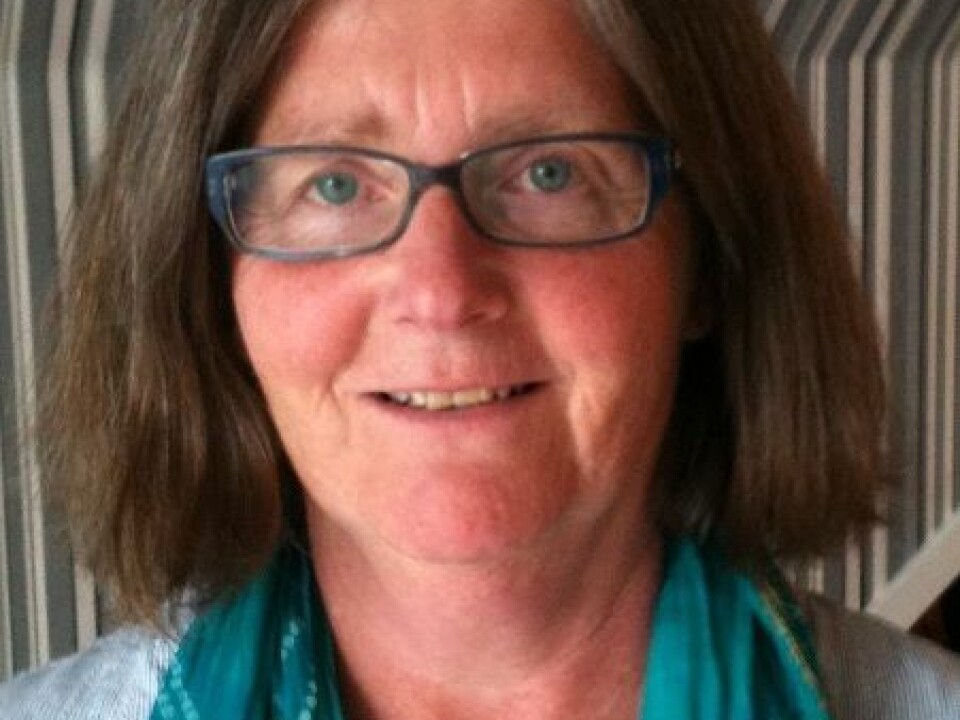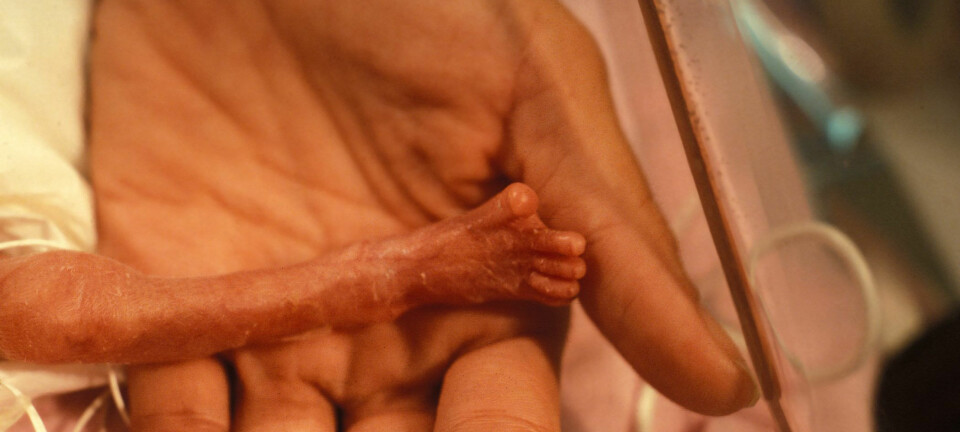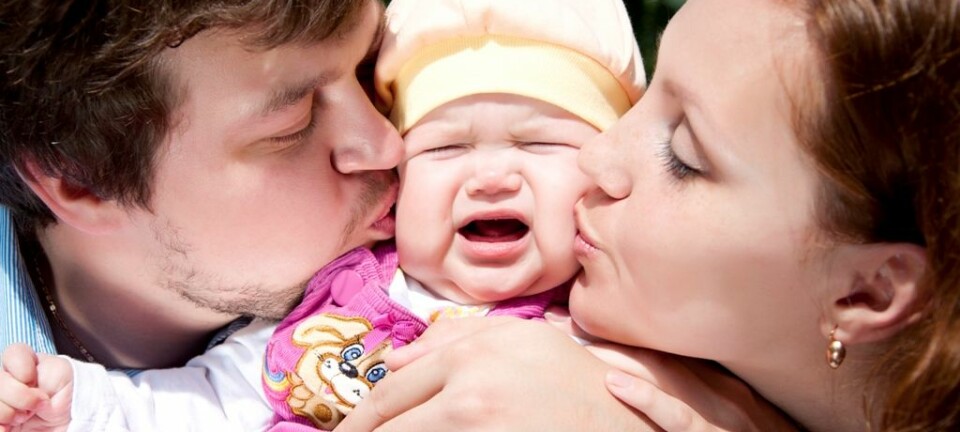
Norwegians worry about gay and lesbian parenthood
Although most Norwegians support same-sex marriage, only a minority give their full support to gay and lesbian couples’ right to adopt children.
Denne artikkelen er over ti år gammel og kan inneholde utdatert informasjon.
The Nordic countries are traditionally supportive of gay rights, and in 2009, Norway became the first of them to legally recognise same-sex marriage.
In 2012, a total of ten countries in the world allow same-sex couples to marry, among them are three Nordic countries.
The right to adopt children
The amended marriage law in Norway granted gay and lesbian couples the same child adoption rights as heterosexual couples, but the public’s opinion on the matter is divided.
Ragnhild Hollekim and colleagues at the University of Bergen surveyed 1,246 respondents for their study, and they found that a majority - 51.4 percent - of the Norwegian population is unwilling to give unequivocal backing to equal parenting rights for gay, lesbian and heterosexual couples.

“There’s strong support for equal marital rights, but less support for gay and lesbian parenthood,” says Hollekim. “A difference here is that a marriage is an agreement between two adults, while in cases of adoption there’s a third-party involved.”
Worried about bullying
“Many worry about children being bullied,” says Hollekim. “And many wonder if society is ready for gay and lesbian parents.”
Fewer than 14 percent said they don’t think children with gay or lesbian parents will be more exposed to bullying than other children. Only 40 percent thought society is ready for children growing up with gay and lesbian parents.
But at the same time, 60 percent of the respondents said sexual orientation does not matter for good parenting.
Many worry about children being bullied.
This might imply that many will support parenting rights for gay and lesbian couples in the future if they become convinced that children will not encounter difficulties because of the parents’ sexual orientation.
And perhaps all that is needed is a quick dip in the academic literature.
“There is an increasing amount of research on how children of gay and lesbian parents are doing, and the general trend is that they’re doing just as well as children of heterosexual couples,” says Hollekim.
Gay men and their right to adopt children
The study shows that gay men are perceived as least fit for parenthood.
A little more than a third of the male respondents said gay couples should have the same legal rights to apply for adoption as heterosexual couples, while nearly half of them disagreed. The remaining 16 percent said they could not support gay couple’ adoption rights, either because they were uncertain about it or unwilling to take a stand.
Of the female respondents, a 57 percent majority said gay and heterosexual couples should have the same adoption rights. Twenty-seven percent disagreed and 16 percent said they could not give an unequivocal answer.
More accept for lesbian mothers
Men and women are more positive to lesbian couples as parents. Hollekim says this is consistent with international studies. “Perhaps the notion of children growing up with women is more familiar,” she says.
A 61 percent majority of women supported lesbian couples’ right to adopt children, while 26 percent opposed it and twelve percent were uncertain or undecided.
Men are more sceptical. Forty-four percent said they do not support equal parenting rights for lesbian and heterosexual couples, and 16 percent were too uncertain to give their unequivocal support. Forty percent said they support their adoption rights.
Support for gay and lesbian rights is growing
Norwegian beliefs about same-sex marriage and gay adoption rights were also studied in 1998. A comparison of the two studies indicates a positive trend regarding beliefs about gay and lesbian rights.
In 1998, only 25 percent thought the right to adopt should be independent of sexual orientation. In Hollekim’s study, close to half of the population thought so.
“It looks like the support for gay rights is increasing and that people are more open” says Hollekim. “But people are still somewhat hesitant about gay and lesbian parenting rights.”
































